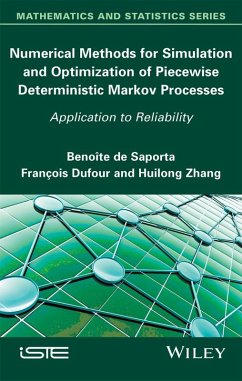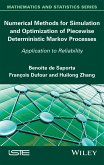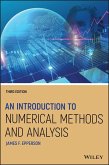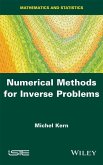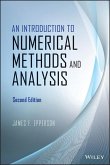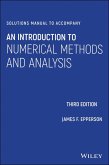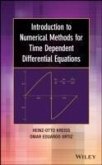Mark H.A. Davis introduced the Piecewise-Deterministic Markov Process (PDMP) class of stochastic hybrid models in an article in 1984. Today it is used to model a variety of complex systems in the fields of engineering, economics, management sciences, biology, Internet traffic, networks and many more. Yet, despite this, there is very little in the way of literature devoted to the development of numerical methods for PDMDs to solve problems of practical importance, or the computational control of PDMPs. This book therefore presents a collection of mathematical tools that have been recently developed to tackle such problems. It begins by doing so through examples in several application domains such as reliability. The second part is devoted to the study and simulation of expectations of functionals of PDMPs. Finally, the third part introduces the development of numerical techniques for optimal control problems such as stopping and impulse control problems.
Dieser Download kann aus rechtlichen Gründen nur mit Rechnungsadresse in A, B, BG, CY, CZ, D, DK, EW, E, FIN, F, GR, HR, H, IRL, I, LT, L, LR, M, NL, PL, P, R, S, SLO, SK ausgeliefert werden.

